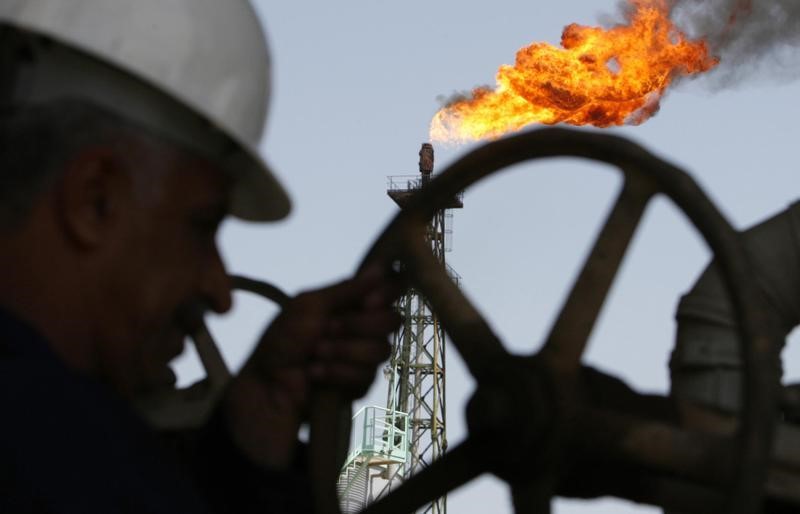Investing.com — Oil prices settled higher Wednesday, but upside momentum was stifled by an unexpected jump in U.S. crude supplies that fueled fresh concerns about growing global output outpacing demand.
By 14:30 ET (19:30 GMT), the futures settled 0.4% higher at $74.22 a barrel and the contract climbed 0.59% to $79.70 a barrel.
U.S. inventories spring surprise build
Inventories of U.S. crude unexpected jumped by roughly 2.9M barrels in the week ended Dec. 8, confounding expectations of about only 2.3M barrels.
Gasoline inventories, one of the products that crude is refined into, by roughly 2.7M barrels against expectations for a build of 1.2M barrels while distillate stockpiles by 1.5M barrels, compared to expectations of a rise of 496,000 barrels.
Renewing focus on a potential supply surplus, the Energy Information Administration reported that U.S. crude oil production was a record 13.3M barrels a day, up 200,000 barrels-a-day from the prior week.
Greece advises tankers to avoid Yemeni waters
Concerns about supply disruptions have helped underpin oil prices amid attack on ships in the Red Sea by the Iran-aligned Yemeni Houthi militant group.
Around 12% of world shipping traffic passes through the Suez Canal, heading mostly from the Mediterranean to the important Asian market.
These fears were exacerbated Wednesday after Greece advised commercial vessels sailing in the region to avoid Yemeni waters. Greek ship-owners control about 20% of the world’s commercial vessels in terms of carrying capacity.
The United States has announced the creation of a multinational naval task force to defend commerce in the region, but the Houthis have vowed to continue their attacks, which they claim is in support of the Palestinians in Gaza.
European inflation cools
The market also received a boost Wednesday as inflation data fell more than expected in Germany, in the form of , while plunged in November to its lowest rate in over two years.
Evidence that inflation is cooling in Europe has raised expectations that the , as well as the , will start cutting interest rates early next year, potentially boosting economic activity and thus the demand for crude.
(Peter Nurse, Ambar Warrick contributed to this article.)
Read the full article here
